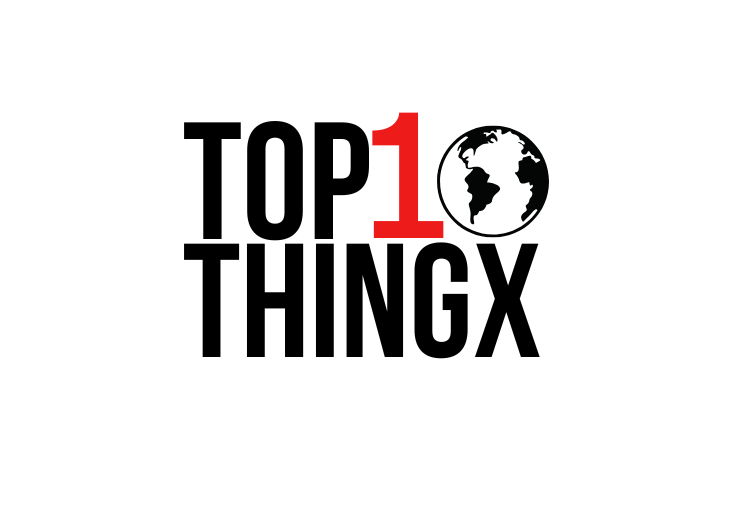In today’s digital age, managing your online reputation is more crucial than ever. Whether you’re a startup or an established company, your brand is constantly under the spotlight. Negative reviews, social media comments, or even inaccurate search engine results can have a lasting impact.
But what if you don’t have the resources or expertise to handle everything in-house? This is where white label online reputation management becomes a smart solution. So, should you white label reputation management? Well, it depends.
What Is White Label Reputation Management?
White label reputation management involves partnering with a third-party provider who manages your brand’s reputation on your behalf—while operating under your brand name. All services are rebranded as your own.
This model typically includes:
- Online review monitoring
- Social media reputation control
- Customer feedback management
- Listing updates
- Reporting and analytics
Thanks to online reputation management white label services, agencies and businesses can scale faster without building internal teams

How Does It Work?
A white label reputation management platform operates behind the scenes. While the actual work is done by your white-label provider, clients see your branding on all communications, dashboards, and reports.
These services often come bundled with:
- White label review software to request and manage reviews
- White label survey software to gather customer feedback
- Reputation monitoring white label tools that track brand mentions and sentiment online
This allows your business to offer professional-grade reputation services without technical development or hiring.
Benefits of White Label Reputation Management
1. Access to Expertise
You instantly gain access to industry professionals who specialize in reputation strategy, review recovery, and brand sentiment.
2. Cost-Effective
Building a team and developing software can be expensive. With white label online reputation management, you pay only for what you need—no overhead or HR costs.
3. Scale and Focus
White labeling allows you to grow your services while staying focused on your core competencies like marketing or business development.
Potential Drawbacks
1. Reduced Control
You may not have full visibility into day-to-day operations unless you work with a transparent partner.
2. Dependency on Providers
Your business reputation is tied to the performance of a third-party platform. Any delays or missteps reflect on your brand.
Factors to Consider Before Choosing a White Label Solution
Business Size and Needs
Small and mid-sized agencies benefit most from online reputation management white label services. If your team is stretched thin, this is an easy way to offer more value to clients.
Industry and Audience
Reputation needs differ between industries. For example, a law firm requires a very different tone and strategy than a restaurant chain. Choose a white label reputation management platform that offers industry-specific solutions.
Customization and Branding
Assess whether you need deep customization or if off-the-shelf branding and templates will suffice. A flexible provider should support both.
Cost Implications
The cost of white label review software or reputation monitoring white label tools can vary. Typically, it’s less than building your own solutions but should still be weighed against your expected ROI and client volume.
Control and Customization
Determine how much oversight you want:
- Do you need direct dashboard access?
- Can you customize messaging, surveys, and review responses?
- Will your branding appear across all client-facing tools?
The best white label reputation management platforms offer high flexibility without compromising ease of use.
Case Studies and Success Stories
Myth 1: Only Big Companies Need It
Truth: Businesses of all sizes—from solo consultants to multi-client agencies—use white label platforms to expand their offerings.
Myth 2: It’s Too Expensive
Truth: Tools like white label survey software and reputation monitoring white label solutions often cost less than hiring even one full-time team member.
Improving Your Online Reputation in Three Easy Steps
Even with a white-label provider, the process remains simple:
Monitor and Gather Reviews – Use white label review software to automate feedback collection.
Respond and Resolve – Quickly address negative reviews with templates and guidance.
Report and Optimize – Use analytics from your white label reputation management platform to show progress and ROI.
Is It Right for Your Business?
Whether you’re a digital agency looking to expand services or a brand seeking to enhance client trust, white label online reputation management offers a cost-effective, scalable solution. But success depends on your internal capacity, long-term goals, and the partner you choose.
Conclusion
Choosing whether or not to white label reputation management is not a one-size-fits-all decision. Carefully assess:
Many believe that white-label services are only for large companies. In reality, businesses of all sizes can benefit from outsourcing reputation management.
- Your business goals
- The size and type of your client base
- Your capacity for managing customer relationships
Done right, white label reputation management allows you to deliver expert-level services while growing your brand. With the right partner, you can start improving your online reputation in three easy steps and deliver real value—without the heavy lifting
Frequently Asked Questions-
Q1: What is white-label reputation management and how does it work?
A: White-label reputation management is when an agency partners with a third-party provider who handles the actual work (review monitoring, removal, content suppression, etc.) but delivers it under the original agency’s brand. The agency keeps the client relationship, the partner does the fulfilment.
Q2: What are the key benefits of white-labelling reputation management services?
Q3: What risks should agencies consider before white-labelling reputation management?
A: Agencies should consider risks such as loss of control over quality, dependency on the partner, potential brand-reputation impact if the provider fails to deliver, and diluted margins. Ensuring good contracts, clear expectations and quality checks are essential
